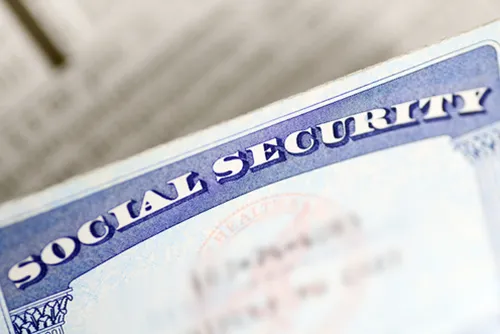Eligibility for Social Security Disability Insurance requires that you have a medical condition that prevents you from performing work. In other words, “disability” means “unable to work”. While that sounds absolute, in truth, you CAN “work” some number of hours even if you get New Orleans SSDI payments. The Social Security Administration (SSA) does not track or concern itself with “hours worked”; rather, the issue is exceeding the monthly earned income limit. For 2018, the limit is $1,180 for non-blind SSDI recipients and $1,970 for those receiving benefits who are legally blind.
New Orleans Social Security Disability Insurance: SSDI and Earned Income
As many know, the Social Security Administration administers New Orleans SSDI. If a citizen of New Orleans or elsewhere in Louisiana and you think you are eligible for benefits, you must file an application with the SSA. In deciding your eligibility, the SSA makes a determination of whether to engage in what is “substantial gainful activity”. “Substantial gainful activity” is in terms of a dollar amount and changes year-to-year. The dollar amount is from the amount of money — earned monthly — that the SSA believes is enough to for a worker to be “self-supporting”. If you have income more than that amount, you are not eligible for SSDI benefits. For 2018 the “substantial gainful activity” amount is set at $1,180 per month for non-blind individuals. The limit on how much you may earn and still be eligible for SSDI is $1,180.
Thus, as can be seen, the issue is not the number of hours, but the amount of income. A person who is able to make $20 an hour will work fewer hours to reach the limit than a person who is able to make $10 an hour.
New Orleans Social Security Disability: SSDI and Non-Earned Income
New Orleans SSDI benefits are not needs-based, so the SSA does not look to assets or non-earned income in making eligibility determinations. As noted, the determination is based on your medical condition(s) and whether you are able to work to earn income. Thus, you can still be eligible for SSDI benefits even if you own real estate, for example, and receive rent from your tenants. There ARE some rules and limitations, however. Such rental income must be passive income, in general. The income must be “unearned” in the sense that you did not have to do much to generate the income. To continue our example, the Social Security Handbook says that rental income is irrelevant if you are not providing services. Likewise, with farm income, such will not count as long as you are not “participating” in operating the farm. See here.
If you want to avoid losing your SSDI benefits, you should be as “hands off” as you can.
Other types of unearned income include:
- Gifts
- Inheritances
- Lottery and other winnings
- Spousal and child support
- Royalties
- Dividends from stocks
- Bank and other types of earned-interest
Another important category of unearned income is what is generally called “in-kind income”. These are things of value provided to the SSDI recipient that are not paid for such as food, shelter, etc. Usually, such “in-kind” income is from family members who live with the disabled person. If a family member pays the mortgage, it is income for purposes of SSDI. However, such would not be true if there was a quid pro quo. Free room and board are income for a housekeeper or for a “House Mom” for a college sorority.
New Orleans Social Security Disability Insurance: SSDI and Self-Employment Income
Discussed above are the two ends of the spectrum with respect to income and “working” that can impact your SSDI benefits. At one end is actually “working” and at the other end is passive income that involves no work. In the middle is the more problematic situation of self-employment income. To ensure that there isn’t an impact on your New Orleans SSDI benefits, it is simply better to have someone else run your business.
But if you want to be involved in running your business and want to avoid impacting your SSDI benefits, then you must comply with the rules and regulations under Regulation Code § 404.1575. The SSA will look at a number of factors to test. The SSA will compare what you did to what is customary in your industry for those who are not impaired. The closer your activity looks to the “normal” activity level, the more likely the SSA will deem you NOT disabled.
New Orleans SSDI Attorneys: Contact Ascend Disability Lawyers, LLC Today
For more information, contact the skilled New Orleans SSDI lawyers at Ascend Disability Lawyers, LLC. You can be eligible for New Orleans SSDI even if you have other sources of income. If you want more information about applying for SSDI, call us today. We have years of experience helping New Orleans and Louisiana citizens file for SSDI benefits. Contact us via email or by calling (855) 631-2544.






